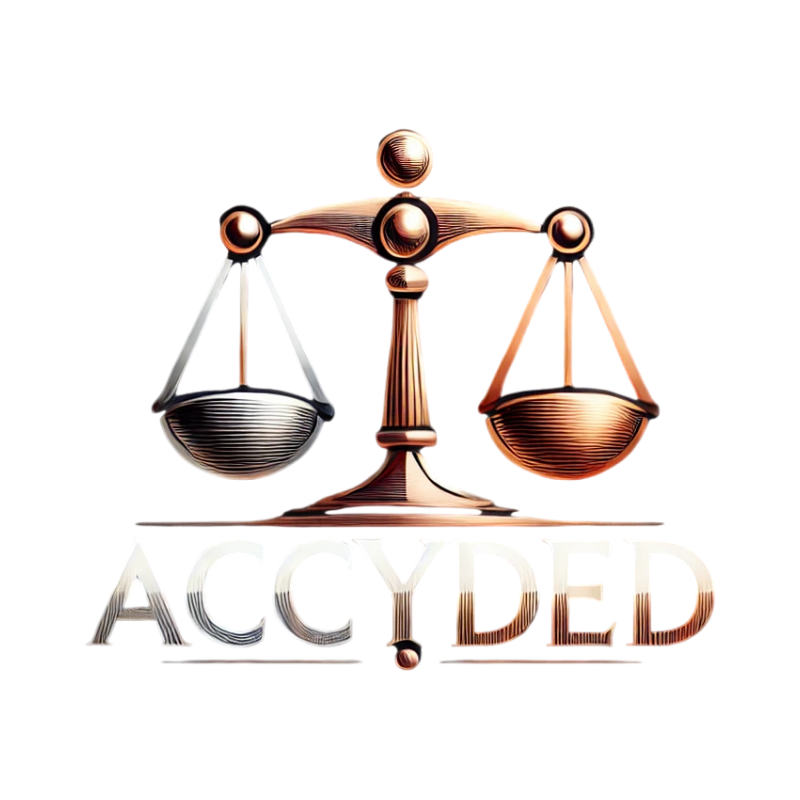On January 1, 1986, Spain joined the European Union (EU), formerly called EEC, which allowed integration into a common market and access to European funds, which boosted the country's economic and social development. In 1999, it adopted the euro as its official currency, reinforcing its commitment to economic and monetary union. Although Spain has made significant progress in implementing the "acquis communautaire", challenges remain in areas such as the environment, justice and competition. The most embarrassing part is undoubtedly the poor management or improper use of structural and cohesion funds. This has led to sanctions or returns of funds. What happens to our powers with money?
The acquis communautaire is a fundamental concept in the process of European integration and in relations between the Member States and the EU. It refers to the set of rights, obligations and rules that are part of the legal and political framework of the European Union (EU)
- The EU Treaties: Such as the Treaty on European Union (TEU) and the Treaty on the Functioning of the European Union (TFEU), which are the founding texts.
- Secondary legislation: Regulations, directives, decisions and recommendations adopted by the EU institutions.
- Case law of the Court of Justice of the European Union (CJEU): Judgments and rulings that interpret and develop EU law.
- Common principles and values: Such as democracy, respect for human rights, equality and the rule of law.
- International agreements: Signed by the EU with third countries or international organisations.
- Common policies and objectives: Such as those established in areas such as the single market, agricultural policy, foreign policy, among others.
But we must be bad partners for not fulfilling these commitments because:
Environment
- Wastewater management: Spain has been sanctioned on several occasions for not complying with Directive 91/271/EEC on urban wastewater treatment. Examples include the lack of adequate infrastructure in several localities.(In 2018, Spain was ordered by the CJEU to pay €12 million for failing to comply with regulations on urban wastewater treatment. This fine has increased over time due to continued non-compliance, reaching €62.96 million in 2022)
- Protection of natural areas: There have been conflicts in the application of the Habitats Directive and the Birds Directive, such as in the management of natural parks and the protection of endangered species.
- Air quality: Spain has received warnings for failing to comply with the air pollution limits set out in Directive 2008/50/EC on air quality.
2. Competition and State aid
- Illegal state aid: Spain has been subject to proceedings for granting unauthorised state aid to companies and sectors, such as shipyards and the energy sector.
- Energy market: It has faced criticism for regulatory practices that hindered liberalization and competition in the electricity and gas sector.
- Spain leads the International Award Compliance Index, with 24 pending arbitration rulings mainly related to compensation to companies affected by the retroactive withdrawal of renewable energy premiums. Payment obligations exceed 1,500 million euros
3. Justice and fundamental rights
- Judicial independence: Although there have been no concrete sanctions, European institutions have expressed concerns about the independence of the General Council of the Judiciary (CGPJ), noting that the Spanish model might not fully conform to European standards of separation of powers.
- Gender-based violence: Spain has received recommendations to improve the application of standards related to victims' rights and access to justice, within the framework of European directives.
- In February 2021, the Court of Justice of the European Union (CJEU) imposed a fine of €15 million and a daily fine of €89,000 on Spain for failing to transpose an EU directive on time.
4. Taxation and customs
- Inheritance and gift tax: Spain was condemned by the Court of Justice of the EU (CJEU) for applying discriminatory rules between residents and non-residents.
- Reduced VAT on specific products: There have been discrepancies with European rules regarding the use of reduced VAT in certain sectors.
5. Management of European funds
- Diversions or irregularities: On some occasions, Spain has been singled out for poor management or improper use of structural and cohesion funds. This has led to penalties or refunds of funds.
- In December 2024, the European Commission denounced Spain before the CJEU for failing to properly comply with the public procurement directive, pointing out notable deviations in key aspects such as the types of contracting authorities and contract modifications
6. Transport and mobility
- Rail infrastructure: Has been criticised for delays in the liberalisation of rail transport, within the framework of European single market regulations.





